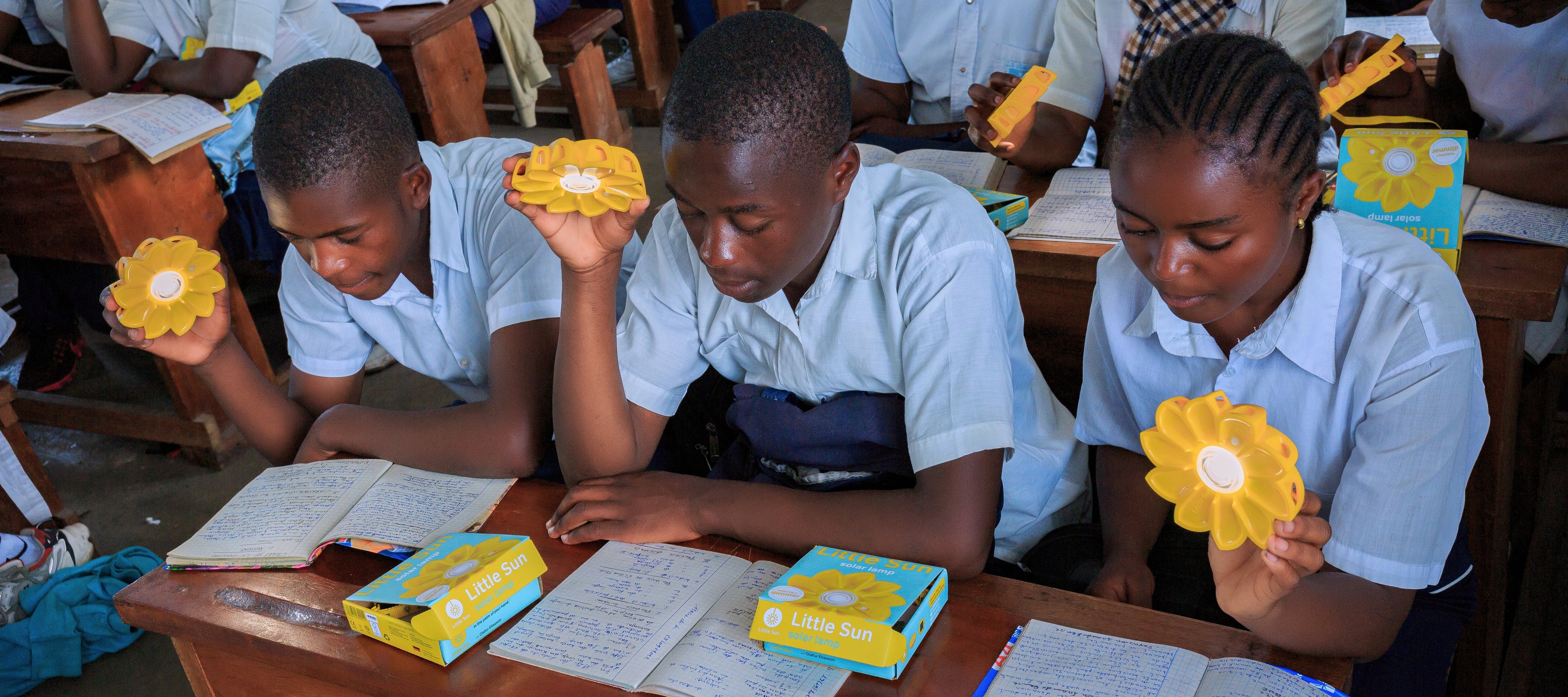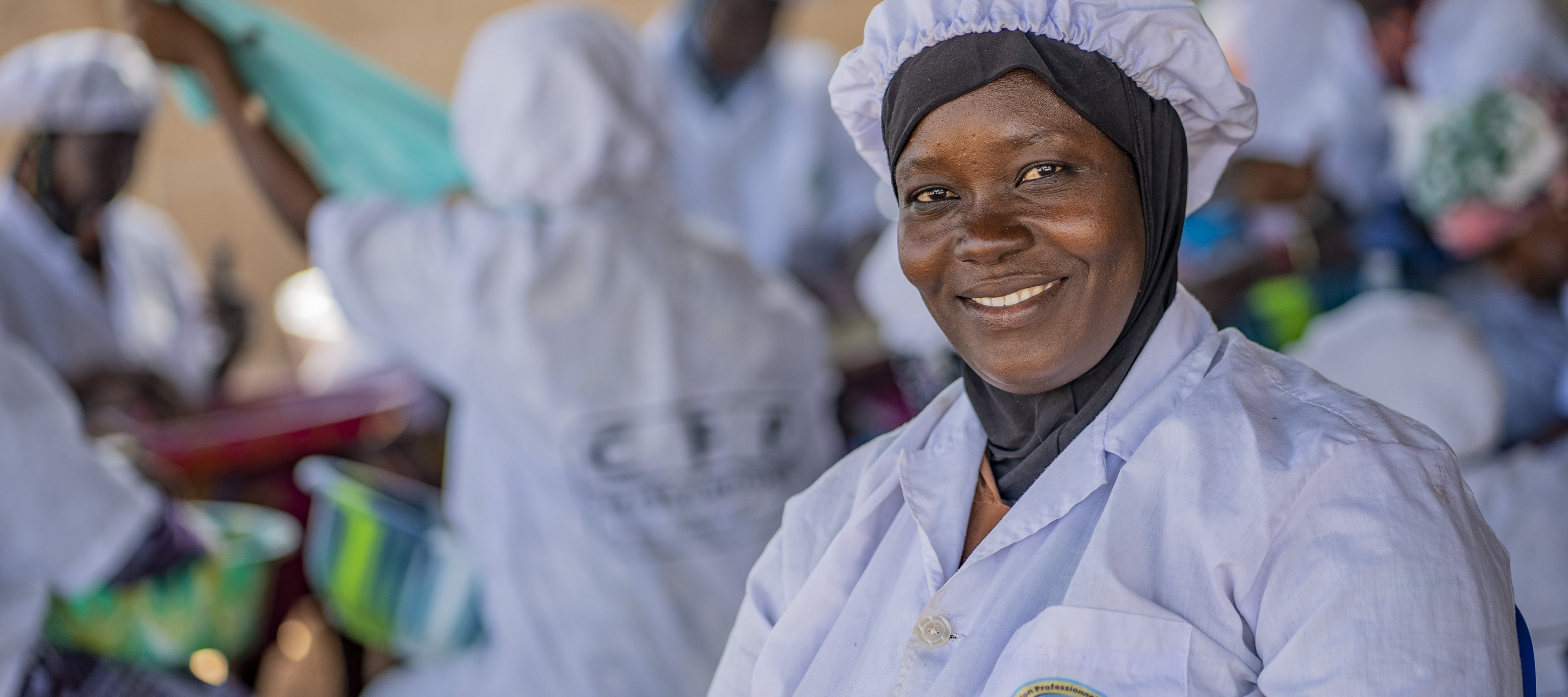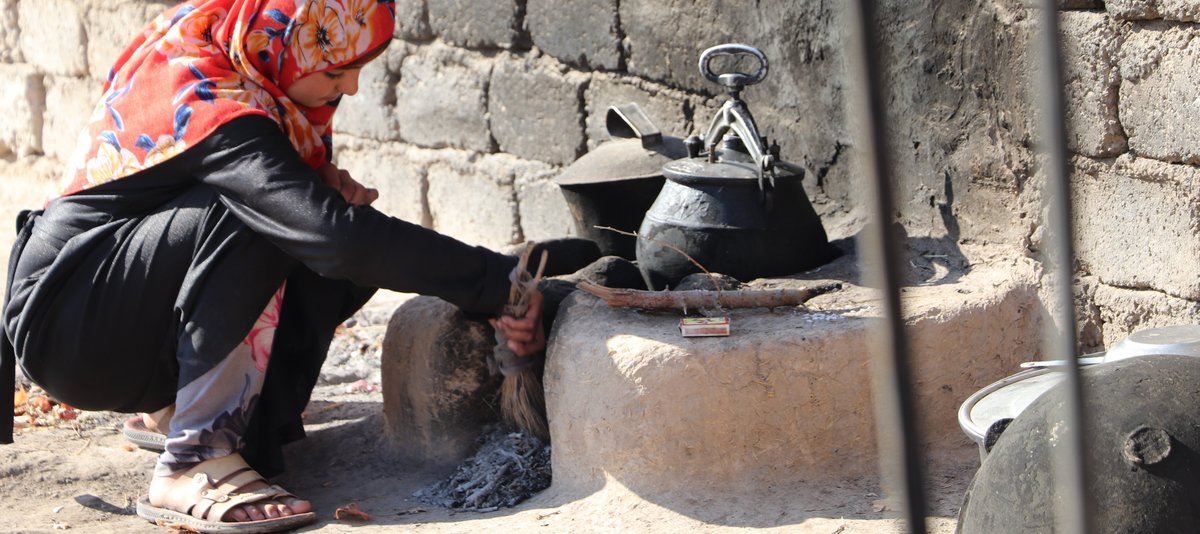Overcoming poverty
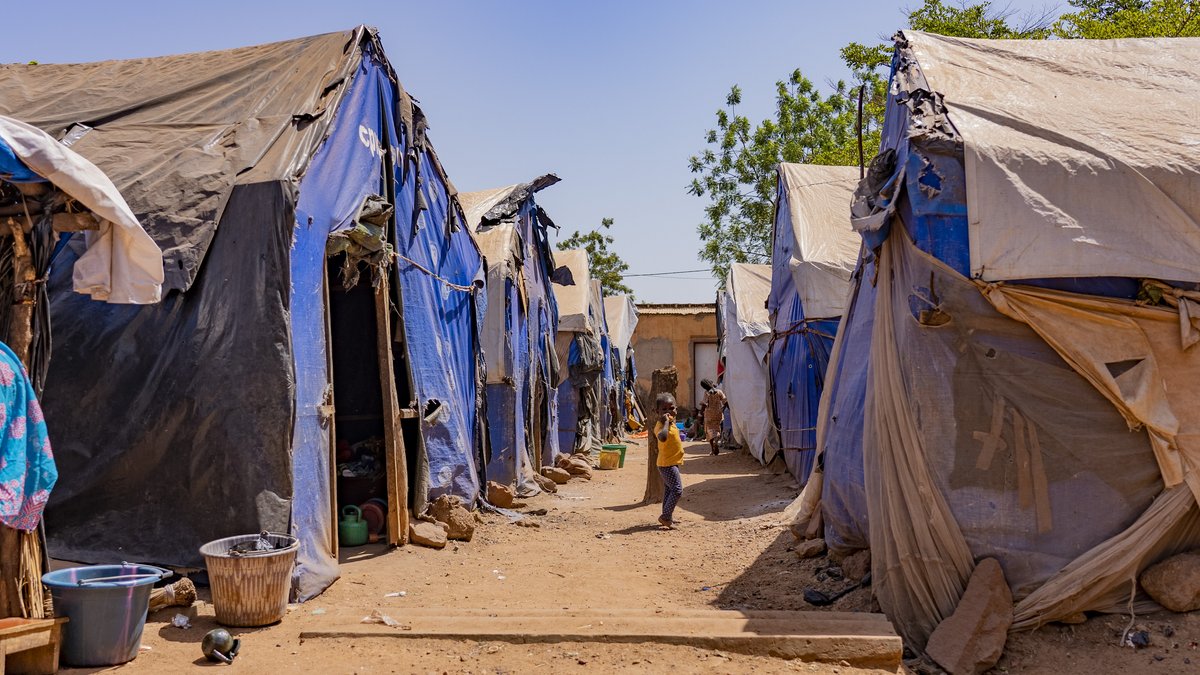
Fighting poverty worldwide
Over 700 million people worldwide live in extreme poverty. This means that almost a tenth of the world's population cannot afford enough to eat, have a safe home or send their children to school.
Help supports people in overcoming poverty and improving their living conditions in the long term through a variety of projects. Help us do this - with your donation against poverty:
Poverty: a global issue
700 million people live in poverty
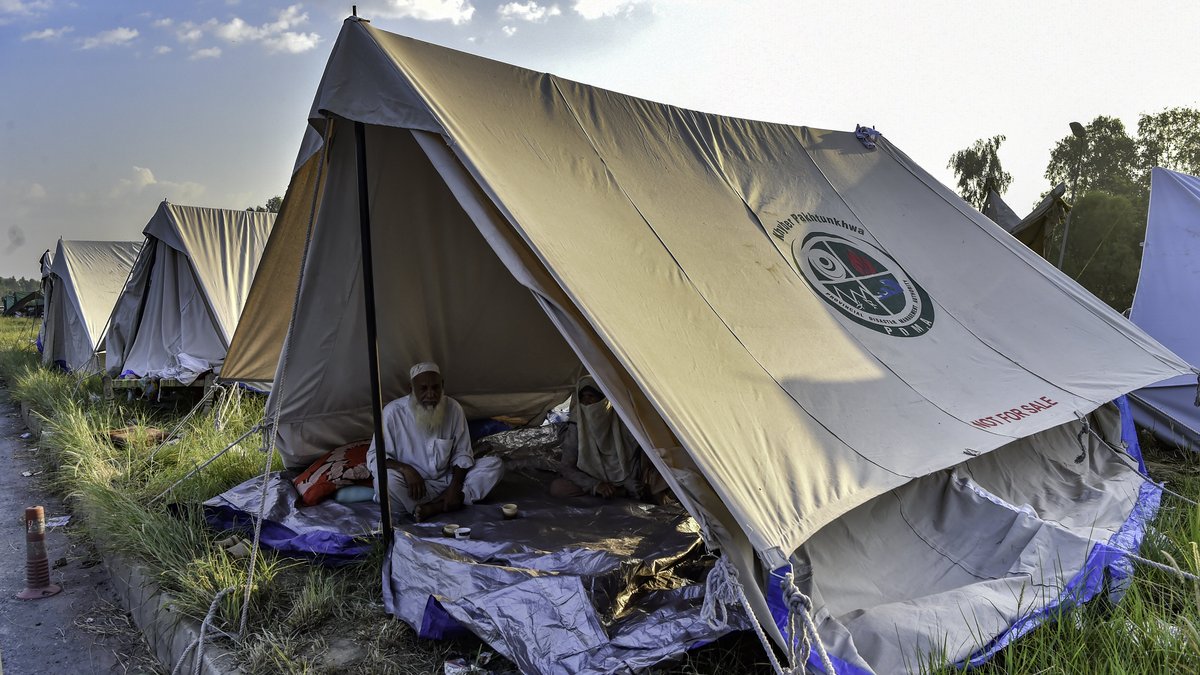
Poverty describes the lack of financial resources that people need to meet their basic needs for food, housing, healthcare and education. This leads to a limited standard of living and unequal opportunities, from which people are usually unable to free themselves on their own.
According to the World Bank, people are considered extremely poor if they have less than USD 2.15 a day at their disposal. This so-called poverty line is regarded as the financial minimum that a person needs to survive.
Over 700 million people worldwide are currently affected by extreme poverty. This is a major setback; by 2019, the poverty rate had been reduced every year.
In 1990, 2 billion people (and therefore more than two thirds of the world's population at the time) lived in extreme poverty. In 2019, the figure was 648 million (less than a tenth of the world's population). After three decades of consistent decline in the global poverty rate, it rose for the first time in 2020. This was due to the consequences of the coronavirus pandemic, as countless people lost their jobs and thus their source of income.
Causes and consequences of poverty
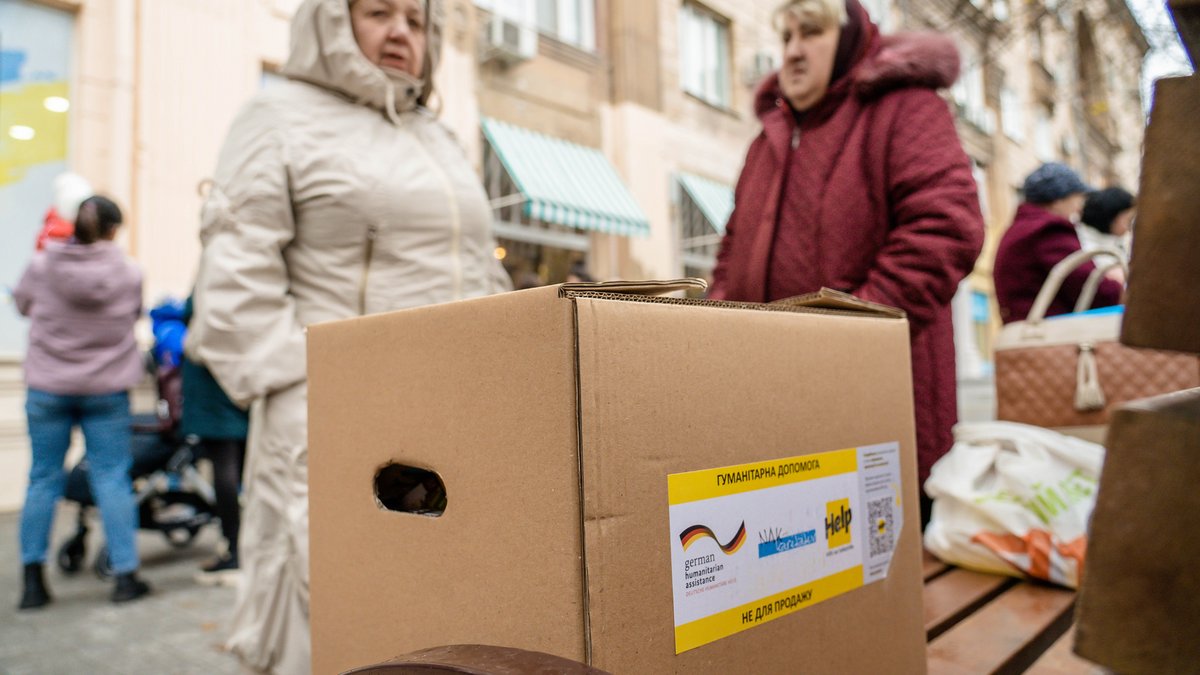
The reasons why people are affected by poverty are varied and complex. Poverty is not a characteristic, but a condition that can occur very suddenly. Often, drastic events such as illness or death in the family, but also crises such as disasters, wars or economic slumps are the reason why people fall into poverty.
If a person is affected by poverty over a longer period of time, a cycle of poverty often develops:
Those who lack the money for enough food are quickly affected by malnutrition or undernourishment. This weakens the body and makes it more susceptible to illness. People who are too weak to work due to hunger and illness are unable to earn money – and do not manage to overcome poverty.
Poverty is also often passed down from generation to generation. Although education is seen as a way out of poverty, many parents cannot afford to send their children to school. It is not uncommon for children of poor parents to work to support their family financially, or to help out around the house and look after their siblings instead of going to school. Women and girls are also particularly vulnerable to poverty, as they are affected by inequality of opportunity in many countries.
How does Help contribute to overcoming poverty?
Focus on empowerment
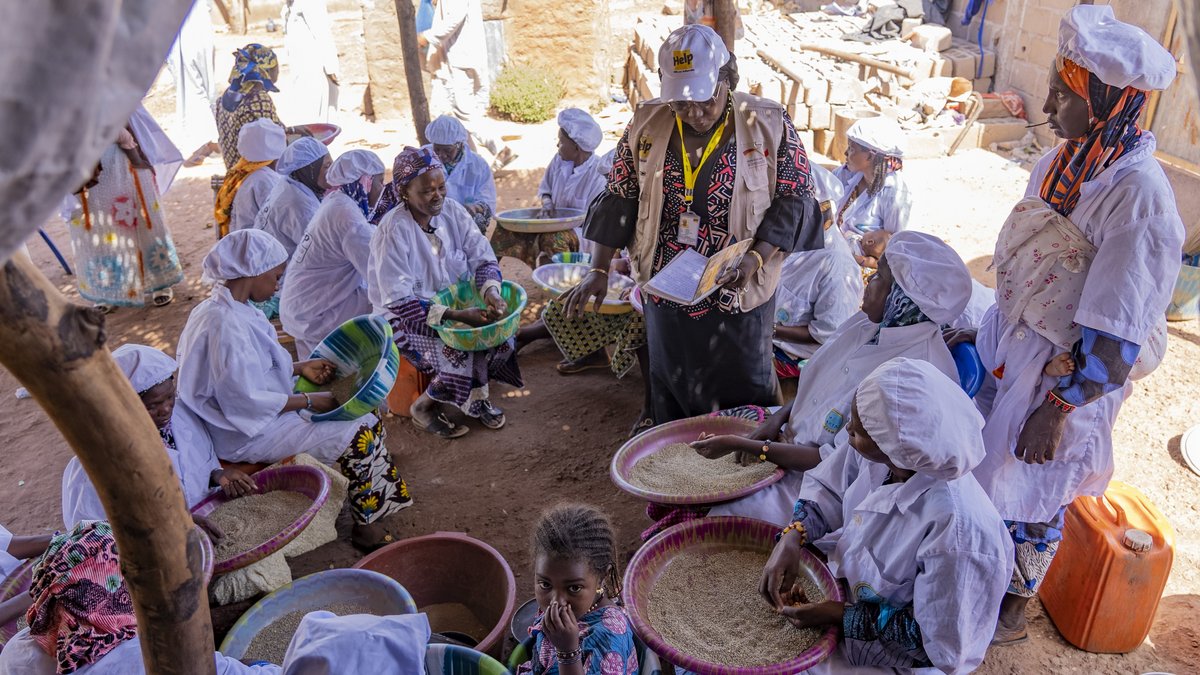
In the fight against poverty, we rely on our guiding principle of empowerment: we support people in lifting themselves out of poverty.
Our focus here is on income generation for young adults, for example through education, training and support on the path to self-employment. We are also committed to children's education by building and renovating schools, providing learning materials and (re)constructing sanitary facilities at schools.
In addition, Help is committed to improving healthcare and food security, particularly in West Africa, thus helping the population to break the vicious circle of poverty.

